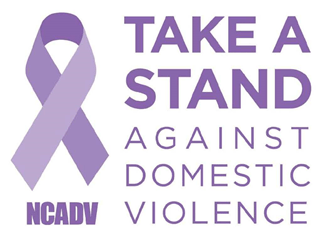Domestic violence is a global phenomenon that can happen to anyone regardless of gender, education, profession, nationality, socioeconomic status, culture, age, religion, sexual orientation, or ethnicity.
Generally speaking, domestic violence occurs when one partner in an intimate relationship exerts power and control over their partner. Please visit https://ncadv.org/statistics for a wealth of information from the National Coalition Against Domestic Violence, a national advocacy organization that we are proud members of.
Both perpetrators and victims of domestic violence may believe that children are not affected unless they are the direct victim themselves. This is false; exposure to all types of family violence, physical or not, can be highly traumatic for children. Children who grow up witnessing domestic violence may experience challenges such as:
- Shame, guilt, sadness, fear, anger, and confusion
- Insecurity and inability to feel safe
- Self-blame
- Nightmares, sleep disturbance or bed wetting
- Eating problems
- Anxiety and depression
- Somatic complaints such as abdominal pain and headaches
- Inability to regulate emotions
- Externalized behaviors such as aggression, bullying, and lying
- Inability to focus
- Cutting and other forms of self-harm
- Suicidal and homicidal ideation or attempts
- Attachment challenges
- Substance abuse
- Higher risk early adolescent sexual relationships and pregnancy
- Higher risk of repeating the cycle of violence
If you are concerned for yourself or your children, please seek help. If you are in crisis, call the National Domestic Violence Hotline at 1-800-799-SAFE (7233) or San Diego County’s 24 hour hotline at 1-888-DVLINKS. Both of these hotlines are available 24/7. You may also call PFCS during business hours at 1-760-741-2660 to arrange for low-to-no cost counseling services for you or your child.
References:
Carlson, B. E. (1984). Children’s observations of inter parental violence. In A. R. Roberts (Ed.), Battered women and their families: Intervention strategies and treatment programs. New York: Springer. Retrieve from:
https://www.ncjrs.gov/App/Publications/abstract.aspx?ID=94132
Stiles, M. (2002). Witnessing Domestic Violence: The Effect on Children. Medicine and Society, 1(66), 2052-2067.
https://www.aafp.org/afp/2002/1201/p2052.html#afp20021201p2052-b4
Submitted by Parinaz Basiri, AMFT

